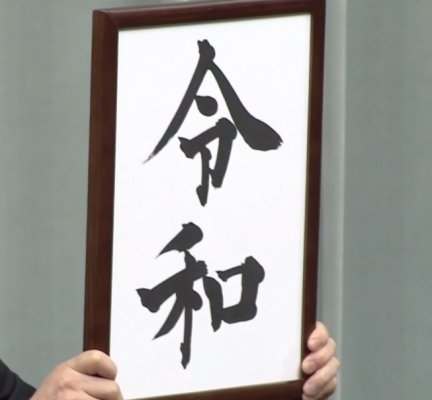1. Eiko
英 has a number of meanings, including “beautiful,” “glorious,” and even “flower.” 弘, meanwhile, means “wide” or “vast,” which would have made the purported hope that the Eiko period would be one of “vast glory.”
2. [...] Banwa or Banna, its first kanji, 万, literally means “10,000,” but is also used to signify “great,” “complete,” or “encompassing.” 和, meanwhile, is the same 和 that shows up as the second kanji of Reiwa, making Banwa/Banna “great peace” or “perfect harmony.”
3. Banho/Banbo
万 shows up once again, this time paired with 保, which means “preservation” or “security,” for an air of “great security” or “complete safety.”
4. Koshi/Koji
The first kanji, 広, once again means “wide” or “vast” (it’s the more common version of the alternate 弘 seen in Eiko), while 至 can mean “destination,” “high” or “extreme.” This makes Koshi/Koji the most abstract in meaning of the final-round cuts, but the overall effect is something akin to “great arrival,” an ambitious, if vague, sentiment for the next chapter in Japan’s history.
[...]




